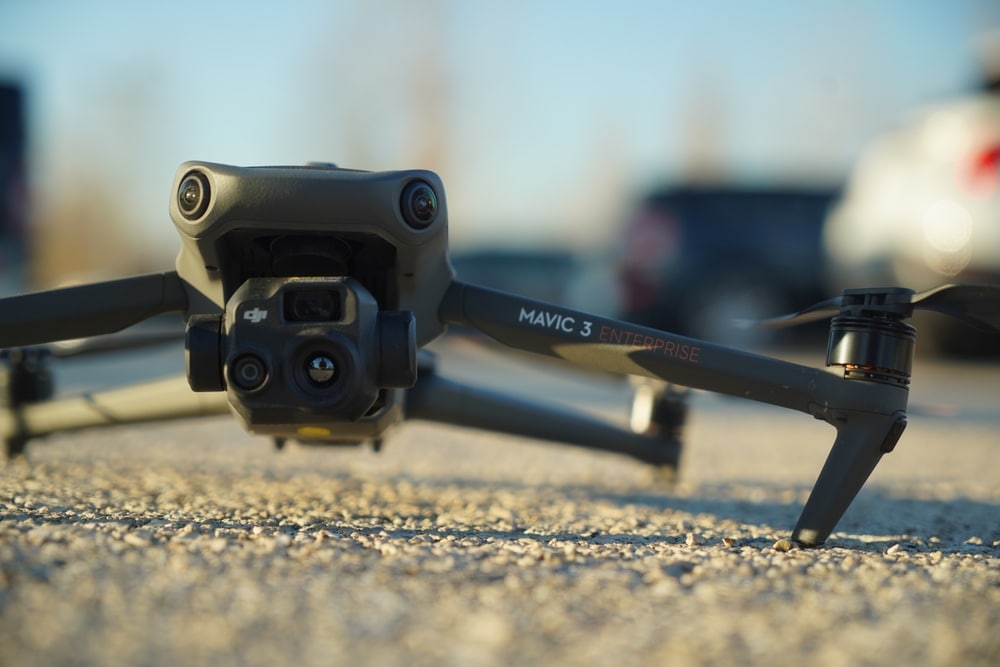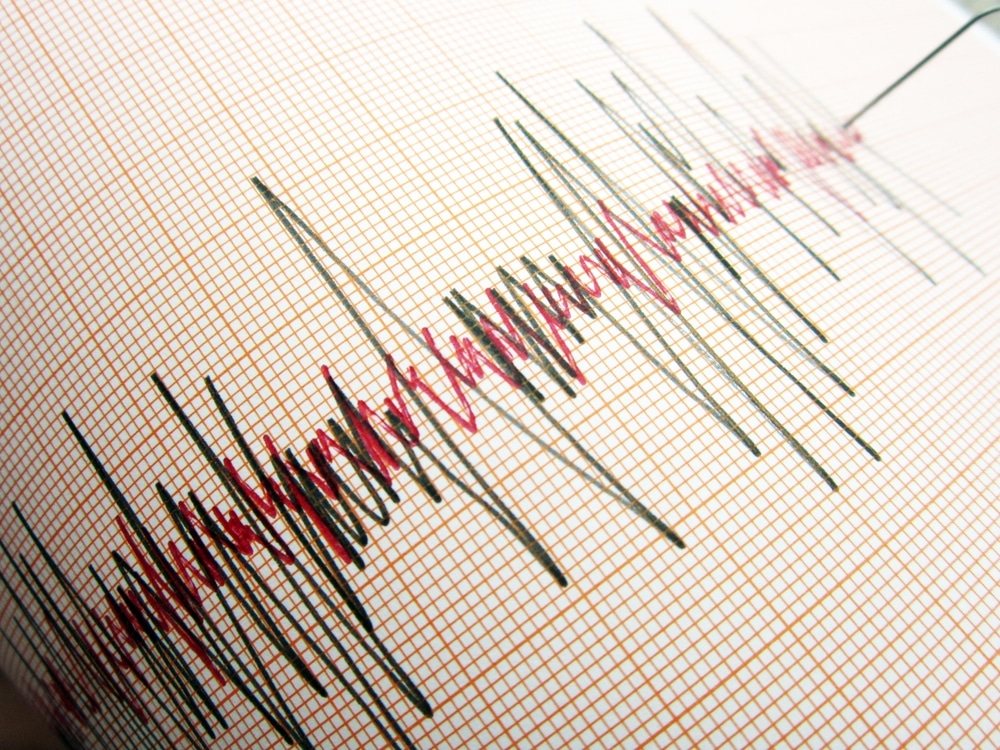Eli Lilly, chief information and digital officer Diogo Rau, was recently involved in some experiments in the office, but it was not the typical drug research work that you might expect to be among the lab tinkering inside a major pharmaceutical company.
Lilly has been using generative AI to search through millions of molecules. With AI able to move at a speed of discovery, which in five minutes can generate as many molecules as Lilly could synthesize in an entire year in traditional wet labs, it makes sense to test the limits of artificial intelligence in medicine.
But it’s impossible to know if the abundance of AI-generated designs will work in the real world, and skeptical company executives wanted to learn more about this.
The top AI-generated biological designs, molecules that Rau described as having “weird-looking structures” that could not be matched to much in the company’s existing molecular database, but that looked like potentially strong drug candidates, were taken to Lilly research scientists. Executives, including Rau, expected scientists to dismiss the AI results.
“They can’t possibly be this good?” he remembered thinking before presenting the AI results.
The scientists were expected to point out everything wrong with the AI-generated designs, but what they offered in response was a surprise to Lilly executives: ”‘It’s interesting; we hadn’t thought about designing a molecule that way,’” Rau recalled them saying as he related the story, previously unreported, to attendees at last November’s CNBC Technology Executive Council Summit.
“That was an epiphany for me,” Rau said. “We always talk about training the machines, but another art is where the machines produce ideas based on a data set that humans wouldn’t have been able to see or visualize. This spurs creativity by opening pathways in medicine development that humans may not have otherwise explored.”
According to executives working at the intersection of AI and health care, the field is on a trajectory that will see medicines completely generated by AI in the near future; according to some, within a few years at most it will become a norm in drug discovery.
Generative AI is rapidly accelerating its applicability to the development and discovery of new medications in a move that will reshape not only the pharmaceutical industry but ground-level ideas that have been built into the scientific method for centuries.

















